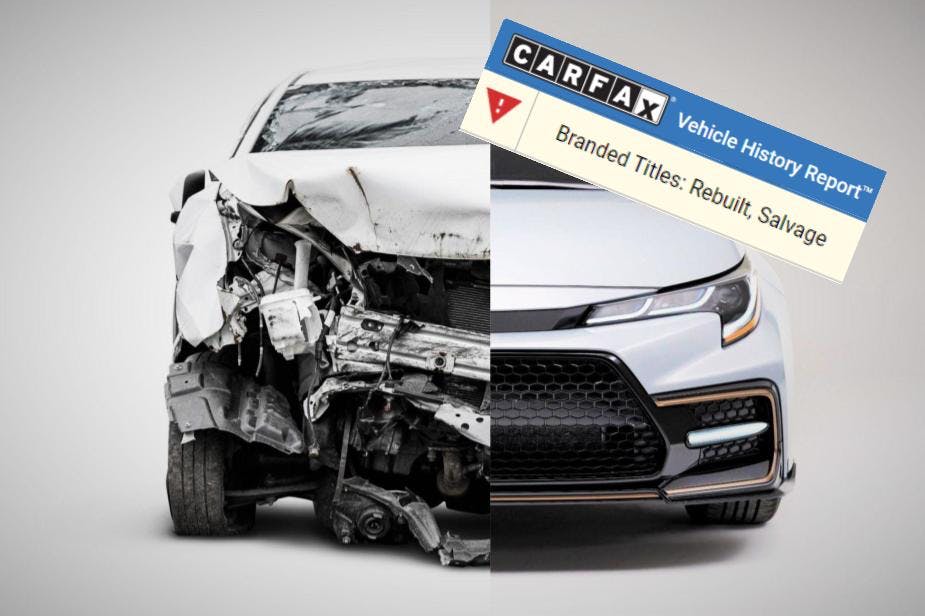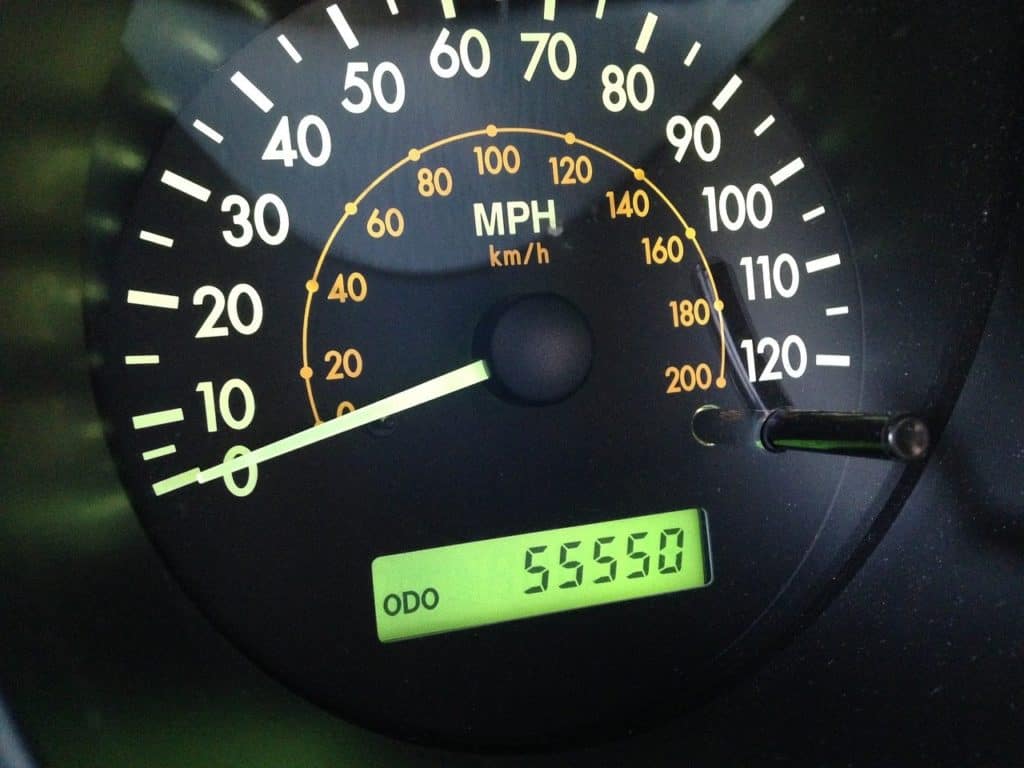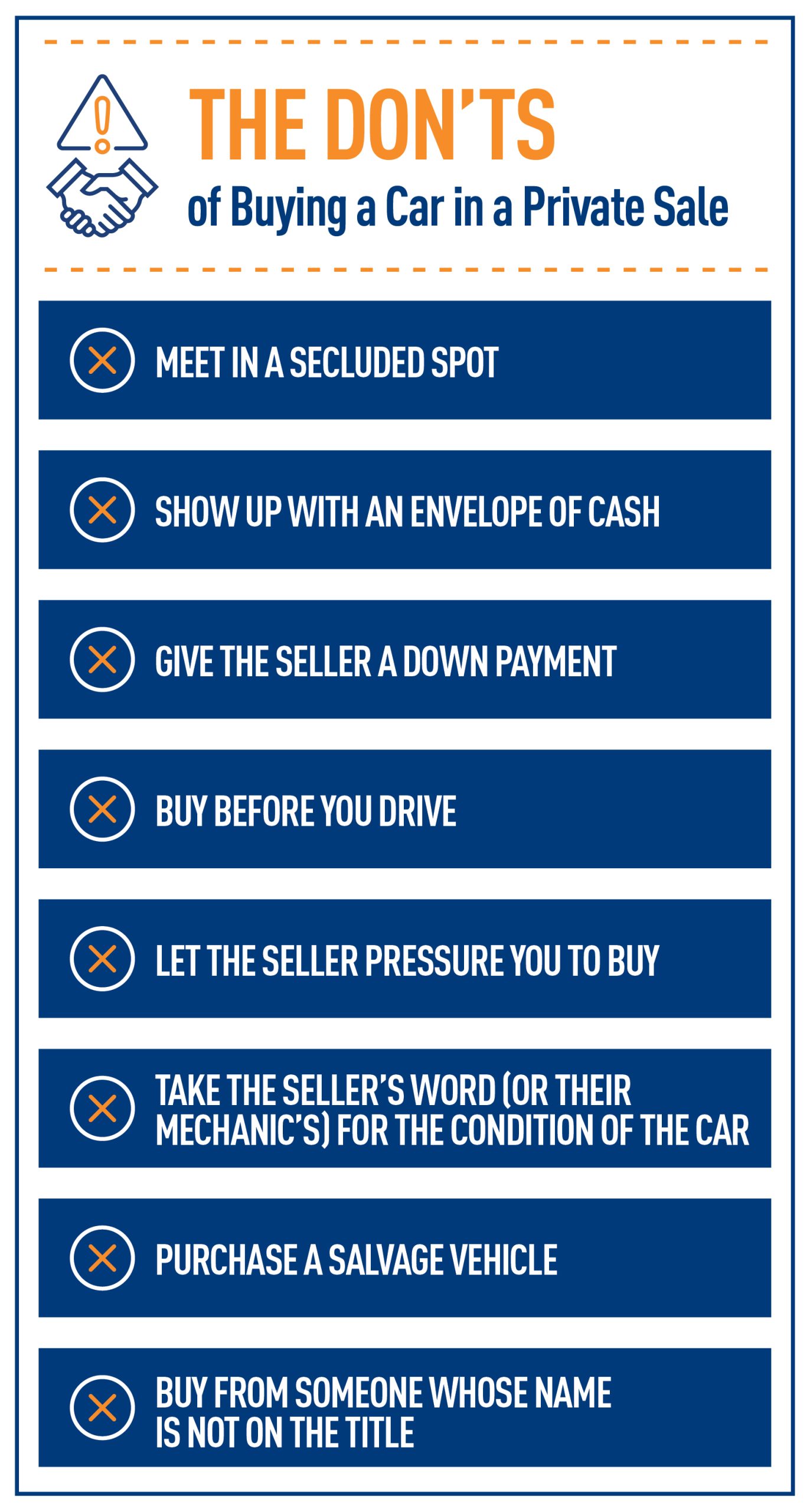What is a Branded Title on a Used Car
A branded title on a used car indicates it has a significant history, such as salvage or rebuild. This status often results from damage, theft recovery, or other substantial issues.
Exploring the purchase of a used vehicle reveals various title designations that reflect the car’s past. Among them, a branded title typically serves as a red flag for potential buyers. It suggests the car may have undergone extensive repairs due to accidents, flood damage, or other detrimental events that could impact its safety, functionality, and overall value.
These titles are specific to each state and are assigned following major incidents that insurance companies classify as beyond the car’s value, leading to a salvage or similar brand. Understanding the implications of a branded title is crucial when considering the reliability and investment worthiness of a used car, as it can significantly affect the vehicle’s resale potential and insurability.
:max_bytes(150000):strip_icc()/what-is-a-branded-title-5185427_v2-eed227332a2b435c919847f716f9c5fd.png)
Credit: www.investopedia.com
The Concept Of A Branded Title
A branded title is a label given to a used car. It reflects the vehicle’s history. When a car faces significant events like accidents or floods, its title gets ‘branded’. This indicates past damage or special conditions. Such details can alert potential buyers about a car’s history before purchase.
Different Types Of Branded Titles
Not all branded titles share the same story. Here’s a look at the diversity:
- Salvage Title – Cars with heavy damage often deemed total losses by insurers.
- Rebuilt/Reconstructed Title – Once damaged, now repaired vehicles. They might be safe but carry a history.
- Flood Title – Cars that have been submerged or severely damaged by water.
- Theft Recovery Title – Vehicles recovered after being stolen. May have damage or missing parts.
- Lemon Law Title – Cars that had repeated, unfixable issues under warranty. Known as ‘lemons’.
The Impact On A Vehicle’s Value
Branded titles strongly influence a car’s worth. The history signified by these titles can decrease a vehicle’s market value. This happens because of the increased risk and potential hidden problems.
| Branded Title Type | Value Impact |
|---|---|
| Salvage | Significantly Lowered |
| Rebuilt/Reconstructed | Moderately Lowered |
| Flood | Greatly Lowered |
| Theft Recovery | Varies |
| Lemon Law | Lowered |
Buyers must consider these impacts. A thorough inspection and history check is crucial before making a decision. Remember, a low price might reflect hidden costs down the line.
How A Car Earns A Branded Title
Understanding how a car earns a branded title is crucial. It reveals a vehicle’s past, impacts its value, and informs potential buyers. A branded title status often stems from an event that significantly alters a car’s condition.
Insurance Claims And Total Loss
A key factor in this process is the involvement of insurance companies. Here’s what happens:
- Damage occurs: The car sustains significant damage, possibly from an accident, flood, or fire.
- Insurance claim: The owner files a claim.
- Assessment: The insurance company evaluates the car.
- Total loss declaration: If repair costs exceed the car’s value, the insurer declares it a total loss.
- The insurer pays out the claim and typically takes possession of the car.
- Title branding: The vehicle’s title is then branded to reflect its history.
State Regulations And Title Branding
Each state has unique rules that determine how branded titles are assigned. Common reasons include:
| State | Reason for Branding |
|---|---|
| State A | Flood damage |
| State B | Fire damage |
| State C | Theft recovery |
| State D | Hail damage |
States issue a range of branded titles. These include “salvage”, “rebuilt”, and “flood”. Knowing these brands helps buyers understand a car’s history.
Before branding, a state’s department of motor vehicles (DMV) examines the car. They ensure it fits their criteria for a particular brand. After this confirmation, the title reflects the car’s branded status.
Pros And Cons Of Buying A Branded Title Car
Finding a balance between cost and quality is vital in the quest for a used car. Branded title cars often present themselves as a tempting offer. They come with significant discounts but carry a history that needs careful scrutiny. Let’s explore the pros and cons of steering towards a branded title car purchase.
Potential Savings Explained
Cars with a branded title can be far cheaper than their clean-title counterparts. This is because they’ve been in an event – like a flood or accident – that led an insurance company to declare them a total loss. Once repaired, these cars re-enter the market with a mark on their record, but at tempting prices. Consider the following:
- Budget-friendly: Buyers save up to 50% of market value.
- More car, less money: Secure a higher-end model for less.
- Recent upgrades: Many have fresh parts post-repair.
Risks And Considerations
Opting for a branded title car carries risks that demand attention. The history of a branded title car often involves significant damage. This can lead to hidden issues that surface later. Weigh the following:
- Insurance headaches: Getting full coverage may be tough.
- Resale challenges: Selling it on could be harder than usual.
- Long-term performance: Past damage can mean future problems.
Due diligence is key. A thorough inspection by a qualified mechanic, a deep dive into the vehicle’s history, and an understanding of your state’s laws regarding branded titles are all critical steps before making a decision.

Credit: www.capitalone.com
Inspection And Verification
The purchase of a used car with a branded title signals a past that may include significant events. Such a history could affect the car’s safety, legality, and value. Understanding the car’s previous challenges becomes possible through ‘Inspection and Verification’. This process digs deep into the vehicle’s past. It ensures buyers make informed decisions.
The Role Of Vehicle History Reports
Vehicle History Reports act as the car’s detailed past. They reveal critical information. This includes prior accidents, flood damage, and odometer readings. Access to reliable reports comes from services like CARFAX or AutoCheck. Potential buyers can enter the VIN (Vehicle Identification Number) and receive a full report. This report helps to validate the branded title’s origin.
This inspection uncovers truths about the car’s history:
- Previous accident damage
- Title branding reasons
- Service and ownership history
Professional Inspection Services
Professional Inspection Services offer a physical review. This complements the Vehicle History Report. Certified mechanics or dedicated inspection companies can perform these checks. They physically inspect the vehicle’s condition. Parts like the engine, transmission, and safety features undergo a comprehensive review.
The inspection may include:
- Engine performance check
- Transmission condition assessment
- Safety features functionality test
In-depth inspections can discover hidden problems. This step is vital. It ensures the buyer fully understands the vehicle’s condition beyond its branded title.
Through careful ‘Inspection and Verification’, a branded title car transforms from a mysterious past to a fully transparent present. Buyers gain confidence. They make well-informed decisions. A thorough examination of the vehicle is essential. It protects the buyer’s interests and ensures a secure investment in a used car.
Navigating Insurance And Financing
A branded title on a used vehicle can mean significant savings but brings unique challenges. This section details how to navigate insurance and financing hurdles associated with such cars. Understanding these aspects is crucial for making an informed decision.
Challenges With Insuring Branded Title Cars
Insurance companies may be hesitant to cover branded title vehicles. These cars have experienced damage from events like floods, accidents, or theft. Insurers see them as high risk, leading to possible higher premiums or outright denial of coverage.
- Rejection from major carriers
- Limited coverage options
- Possibly high insurance costs
Owners must shop around, compare quotes, and may need to look to specialized insurers that offer policies for branded title vehicles.
Financing Options For Branded Vehicles
Getting a loan for a branded title vehicle can be challenging. Traditional lenders often back out due to the car’s history. Despite this, options remain available for buyers.
- Credit unions
- Specialized auto lenders
- Personal loans
Interest rates might be higher, reflecting the increased risk. Buyers should be ready to present strong cases for their creditworthiness and perhaps consider a more substantial down payment.
Potential buyers should weigh the costs and benefits, keeping in mind that interest rates and insurance premiums may affect the overall affordability of a branded title vehicle.
Making An Informed Decision
Scouring the market for a used car can be a savvy economic choice. Yet, stumbling upon a ‘branded title’ needs careful consideration. Understanding what a branded title is influences the decision-making process. It helps in balancing cost against potential risks. Let’s navigate through essential inquiries before signing off on a deal. We’ll also delve into the car’s value and usability aspects.
Questions To Ask Before Purchase
- Why does the car have a branded title? – A car could be branded for several reasons, such as salvage from a crash or flood damage.
- What was the extent of damage? – This is crucial to assess possible future issues or repairs.
- Who did the repairs? – Reliable repair work can make a significant difference in safety and performance.
- Is the car properly inspected? – An independent inspection can reveal hidden problems.
- What does the insurance company say? – Check if the car is insurable and at what cost.
- Is there a warranty or guarantee? – This can offer some security on your potential investment.
Final Thoughts On Value And Usability
A branded title car may come at a bargain price. But it’s not just about today’s savings. It’s also about long-term value. Do the math on repair costs versus savings.
Resale might prove challenging for such cars. Yet, if you’re seeking a dependable daily driver and not an asset, it might fit the bill. Understand your needs, weigh them against the car’s history, and decide accordingly. Go into the deal with eyes wide open, and a full grasp of what a branded title entails.

Credit: www.carfax.com
Frequently Asked Questions For What Is A Branded Title On A Used Car
Is A Branded Title Ok?
A branded title indicates a vehicle has a history of damage, theft, or significant wear. Whether it’s acceptable depends on your comfort with potential risks and the car’s specific condition. Always get a thorough inspection and consider lower resale value.
What Are The Cons Of Buying A Branded Title Car?
Buying a branded title car often leads to higher insurance costs and lower resale value. These vehicles may have hidden damage, raising safety concerns and potential repair expenses. Due to their history, securing financing can be challenging.
Is A Branded Title The Same As A Salvage Title?
No, a branded title is not the same as a salvage title. A salvage title indicates damage, while a branded title may signify various issues.
Does A Branded Title Void Warranty?
A branded title doesn’t automatically void a warranty. Check your warranty’s terms as situations vary by manufacturer and warranty type.
Conclusion
Understanding a branded title is crucial before purchasing a used car. It signals a history that can affect value and safety. Always research, consult professionals, and consider the impact on future resale. With knowledge in hand, you’re better equipped to make an informed decision on your next vehicle investment.





